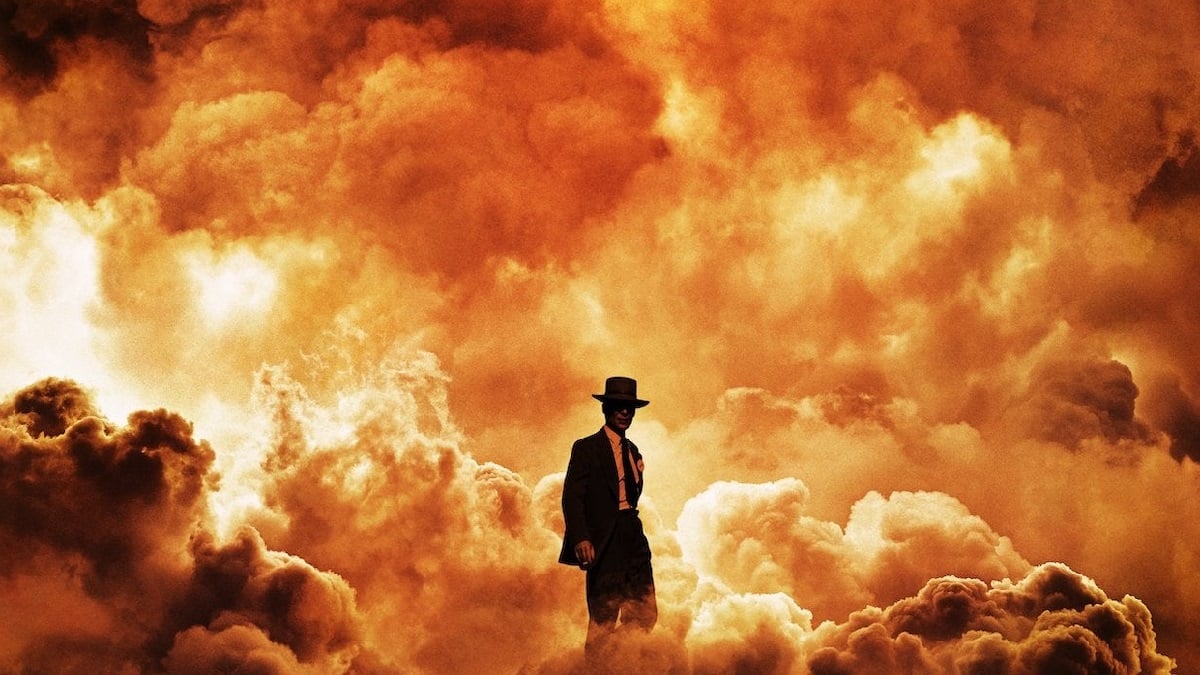Christopher Nolan’s Oppenheimer: Redefining the Biopic Genre
Christopher Nolan, one of the greatest directors of the 21st century, has firmly established his name in the film industry with iconic movies like Dunkirk, Inception, and The Dark Knight trilogy. While many people are familiar with Nolan’s work, the same cannot be said for J. Robert Oppenheimer, a physicist recognized as the father of the atomic bomb. Despite Oppenheimer’s significant historical role, his name remains less known compared to contemporaries like Albert Einstein and Franklin Delano Roosevelt.
Typically, biopics featuring well-known celebrities are more likely to attract audiences. However, these films often receive mixed reviews and struggle to exceed expectations. In contrast, Christopher Nolan’s latest epic, Oppenheimer, has been widely acclaimed and has surpassed previous biopic successes.
In today’s movie landscape, film studios are hesitant to tell stories that may not bring in large audiences. With streaming algorithms and a decline in theater attendance, studios prefer proven formulas such as sequels, adaptations, and cinematic universes. Although this approach may be financially secure, it fails to captivate moviegoers and reverse the downward trend in ticket sales.
Contrary to expectations, Oppenheimer has become a box office phenomenon, climbing the ranks of the biggest movies of 2023 and the most successful biopics of all time. In just over two weeks, the film grossed $500 million, reaching the top spot for World War II movies. If the trend continues, Oppenheimer may even surpass the $900 million box office record set by Bohemian Rhapsody.
The success of Oppenheimer can be attributed to several factors. Firstly, the “Barbenheimer” phenomenon, where audiences watch both Oppenheimer and Barbie in a double feature, has revitalized the moviegoing experience. Despite their differences in tone, both films offer refreshing storytelling and original narratives, deviating from the plethora of sequels and spin-offs prevalent in today’s cinema. This unique combination of historical context and unconventional approach has intrigued audiences and drawn them into Oppenheimer’s untold story.
While Christopher Nolan’s reputation certainly contributes to the film’s success, even renowned directors struggle to turn a profit in the current movie landscape. Previous box office results indicate that adapting the stories of familiar celebrities does not guarantee success. Despite commercial triumphs like Elvis and Bohemian Rhapsody, biopics such as Whitney Houston: I Wanna Dance With Somebody have failed to recoup their budgets. With the rise of streaming platforms, movie fans have grown accustomed to watching films at home, further challenging the industry’s profitability.
Oppenheimer distinguishes itself from other biopics by offering a unique storytelling style. Unlike conventional rags-to-riches narratives, Oppenheimer explores the life of a physicist in social and political exile during his final years, free from influences that would shape a typical screenplay. Christopher Nolan’s creative freedom is evident in the movie’s approach, with black and white objective scenes contrasting with colorful, subjective moments. While some historical inaccuracies may be lost on viewers, the film’s spectacle and distinctiveness continue to captivate audiences.
Oppenheimer’s success also debunks the notion that audiences only gravitate towards simplified stories of familiar figures. Even with references to renowned historical figures like John F. Kennedy, Christopher Nolan boldly paves new ground in his latest historical epic, trusting viewers to comprehend the overarching story despite potential confusion. Nolan’s belief in embracing mystery and unfolding the narrative gradually creates a more immersive experience for moviegoers.
Contrary to industry fears, audience members are open to new ideas and stories when properly introduced. The success of unique television shows and original streaming content demonstrates the public’s appetite for fresh narratives. The “Barbenheimer” phenomenon, though partially responsible for Oppenheimer’s triumph, would not have been possible without the film’s ability to engage and entertain at an equal level. The combination of effective marketing campaigns and innovative storytelling proves that audiences are receptive to original ideas and concepts, dispelling the notion that familiarity is a prerequisite for success.
In conclusion, Christopher Nolan’s Oppenheimer has shattered box office expectations and redefined the biopic genre. By deviating from formulaic storytelling and presenting a fresh perspective on a lesser-known historical figure, Nolan has demonstrated that audiences crave new, engaging narratives. Oppenheimer’s success serves as a testament to the power of creativity and originality in captivateing today’s moviegoers.
Denial of responsibility! TechCodex is an automatic aggregator of the all world’s media. In each content, the hyperlink to the primary source is specified. All trademarks belong to their rightful owners, and all materials to their authors. For any complaint, please reach us at – [email protected]. We will take necessary action within 24 hours.
Khushi Patel is a science fiction author who lives in Austin, Texas. She has published three novels, and her work has been praised for its originality and imagination. Khushi is a graduate of Rice University, and she has worked as a software engineer. She is a member of the Science Fiction Writers of America, and her books have been nominated for several awards.


